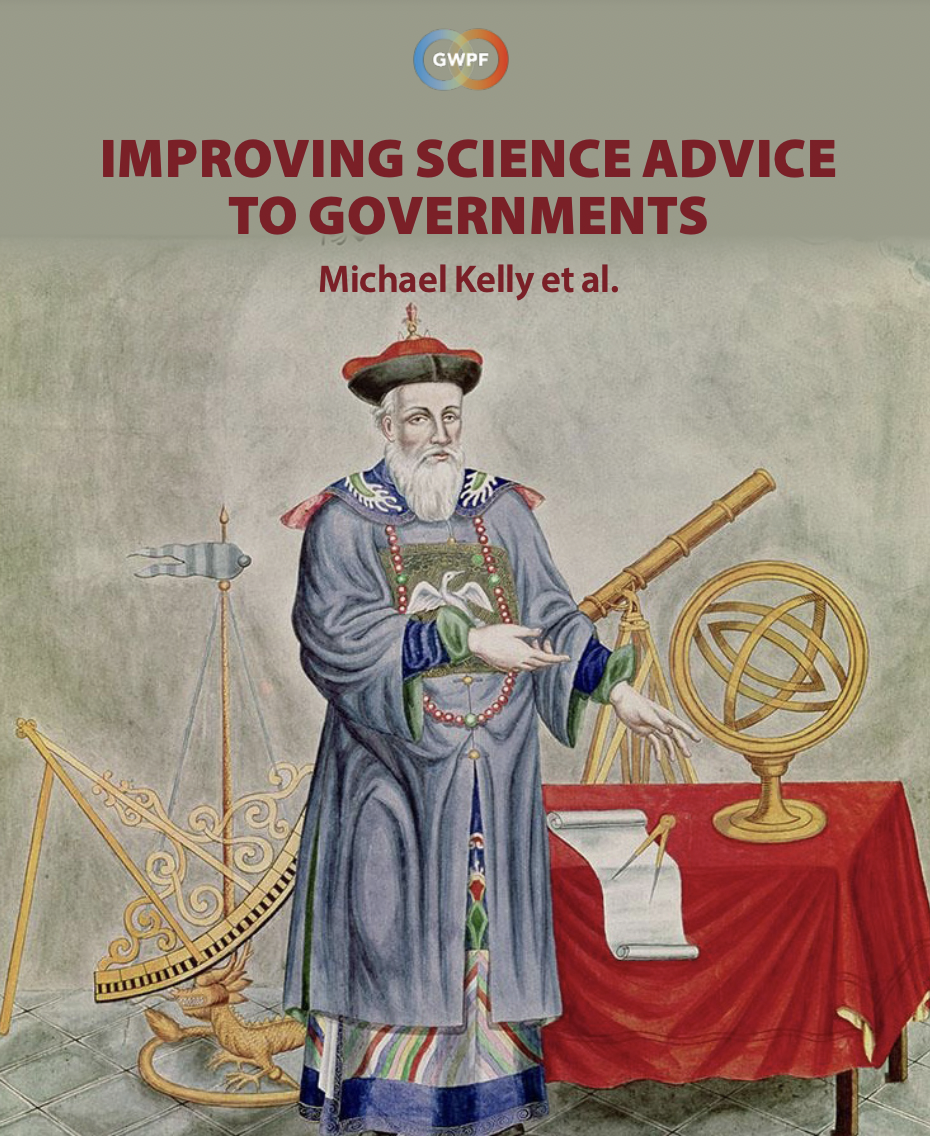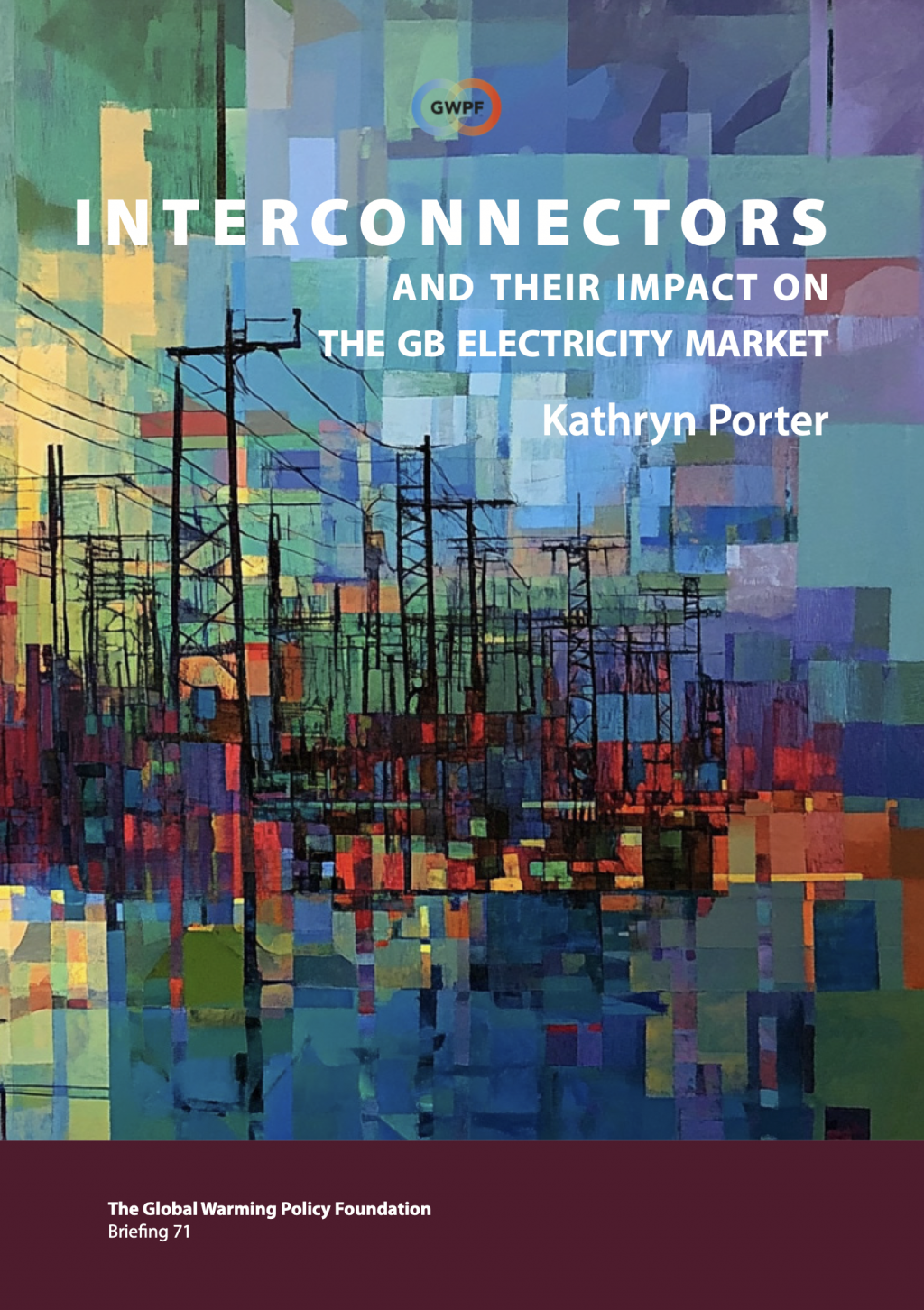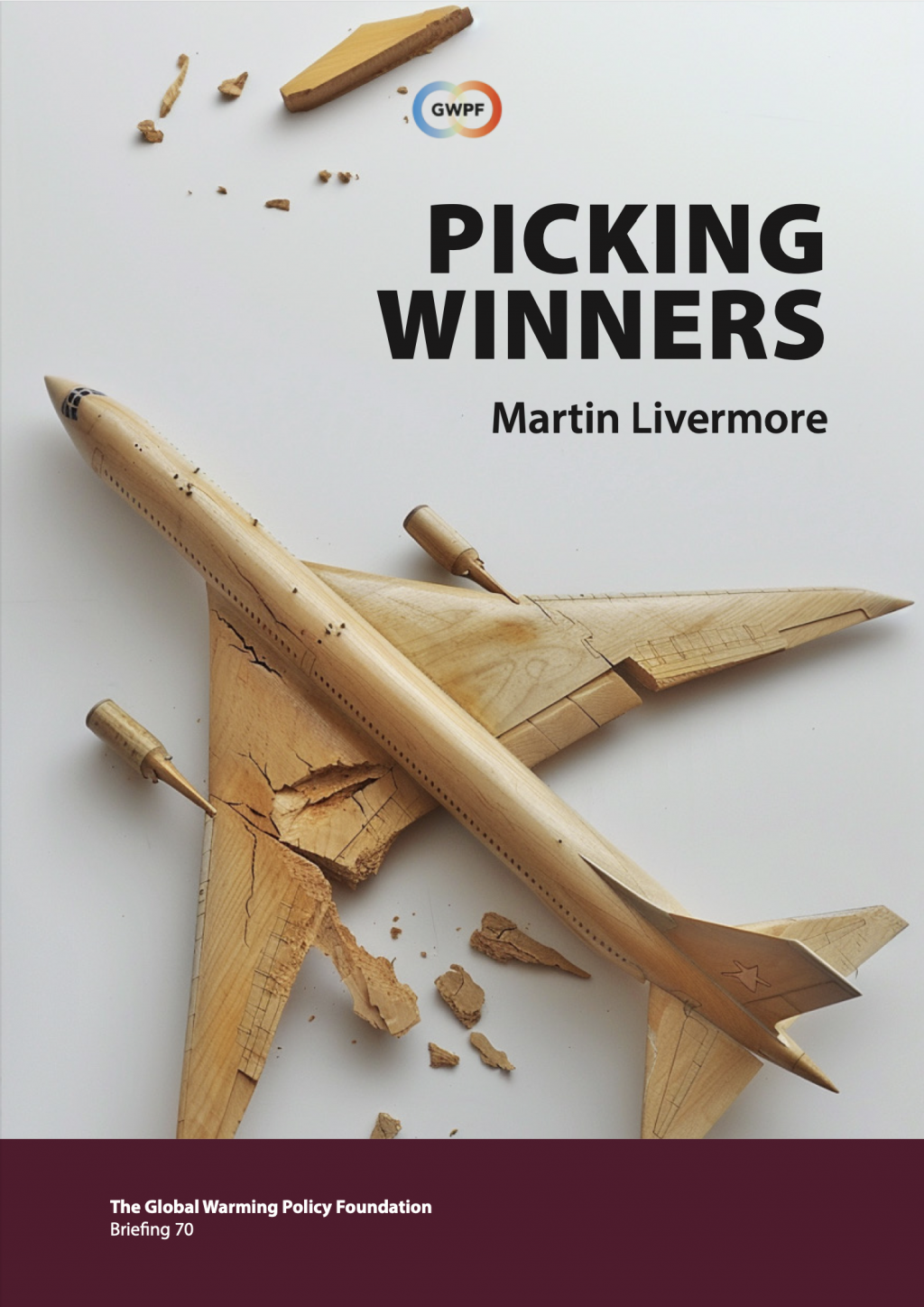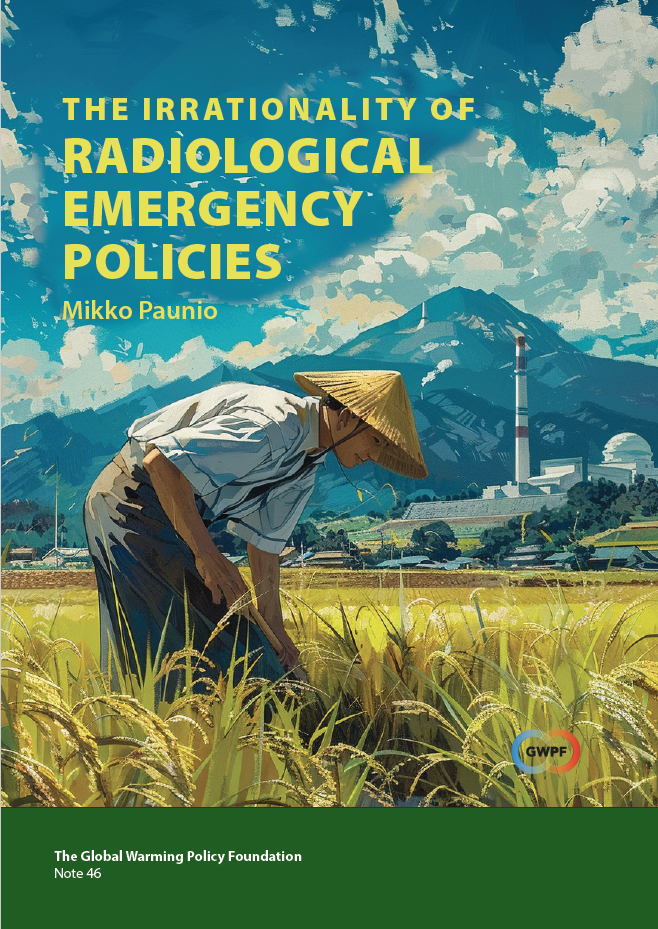London, 18 March – A wide-ranging review of official science advice examines serious failings in the way scientific advice is being delivered to governments and proposes radical reforms to improve it.
The report – with contributions by former UK government adviser Professor Michael Kelly, Clive Hambler, Professor Roger Kopple, Professor Peter Ridd and Harry Wilkinson – addresses fatal flaws in the scientific advice provided on climate change and during the Covid-19 pandemic and deplores the irresponsible use of computer modelling, among other issues.
Key recommendations for the reform of scientific advice include:
• The rapid challenge of advice, through official and adequately resourced ‘red teams’, agents provocateurs and crowd review.
• The establishment of a quality control auditing process.
• The need to balance the ‘precautionary principle’ against the opportunity costs incurred by ‘playing safe’ and against the risks of unintended consequences of action.
• More robust systems for registering conflicts of interest, with a presumption that conflicted individuals should be precluded from participating.
• A requirement that institutions such as universities, scientific academies and journals should not take official or settled positions on scientific issues, since this stifles diversity of thought, freedom of speech and the reliability of advice.
• Protections for scientists who rationally disagree with mainstream views, with stronger guarantees of freedom of speech.
• The encouragement of internal debate to guard against ‘groupthink’.
Lead author, Professor Michael Kelly, said:
“Scientific advisors give advice, but Ministers decide. This maxim is often abused. In recent times ‘we are following the science’ is a phrase to let politicians off the hook of the responsibility that is intrinsically theirs by virtue of being elected to parliament. Ministers ask for implementation-ready policy answers, rather than nuanced and caveated advice on which they must decide.
In the recent pandemic there was an inadequate critical challenge to the scientific advice from an economic or societal perspective. At a time when the scientific enterprise is more than ever subject to capture by vested interests, it is time for a root and branch review of science advice.”
Improving Science Advice to Governments (pdf)



